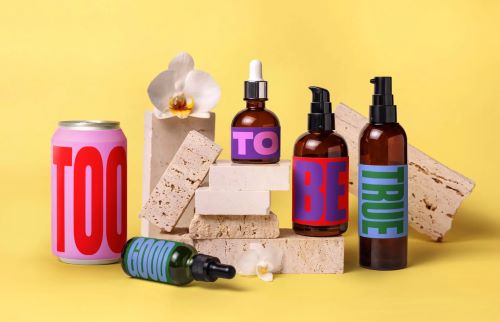

Dubious claims in product marketing are everywhere. Don’t fall for them.

By Rina Raphael
Journalist Specializing in Health, Wellness, Tech, and Women’s Issues
You can’t browse a grocery store or pharmacy without being subject to flashy labels that promote health benefits. In the beverage aisle, for example, you might find “prebiotic” sodas that supposedly support “gut health.” In the beauty department, you’ll see “medical-grade” serums, “probiotic” facial creams and “skin detoxing” treatments. Go to the supplements section for promises of “immunity support,” “hormone balance” and “energy enhancement,” among other things.
Marketers have been using scientific-sounding buzzwords to sell products for centuries. But it’s becoming more common, said Timothy Caulfield, a research chair in health law and policy at the University of Alberta. Mr. Caulfield coined the term “scienceploitation” to describe how brands borrow language from emerging areas of science to market unproven products.
Scienceploitation crops up in far more places today than ever before, including in search results, on social media platforms and from influencers, Mr. Caulfield said. Consumers are often inundated with confusing options as more companies position themselves as healthy. Buyers are prioritizing scientific evidence, said Sienna Piccioni, an analyst and head of beauty at WSGN, a trend forecasting company. But they can’t always separate fact from fiction: A 2021 study suggested that people who trust science were more likely to share false claims that contained scientific references than claims that didn’t.
In December, the Federal Trade Commission revised its guidelines for health-related products, emphasizing that companies should support health claims “with high quality, randomized, controlled human clinical trials.” But experts said it’s unlikely that the commission can closely monitor how companies market their products, at least not without a huge increase in funding.
READ ENTIRE ARTICLE AT THE NEW YORK TIMES


